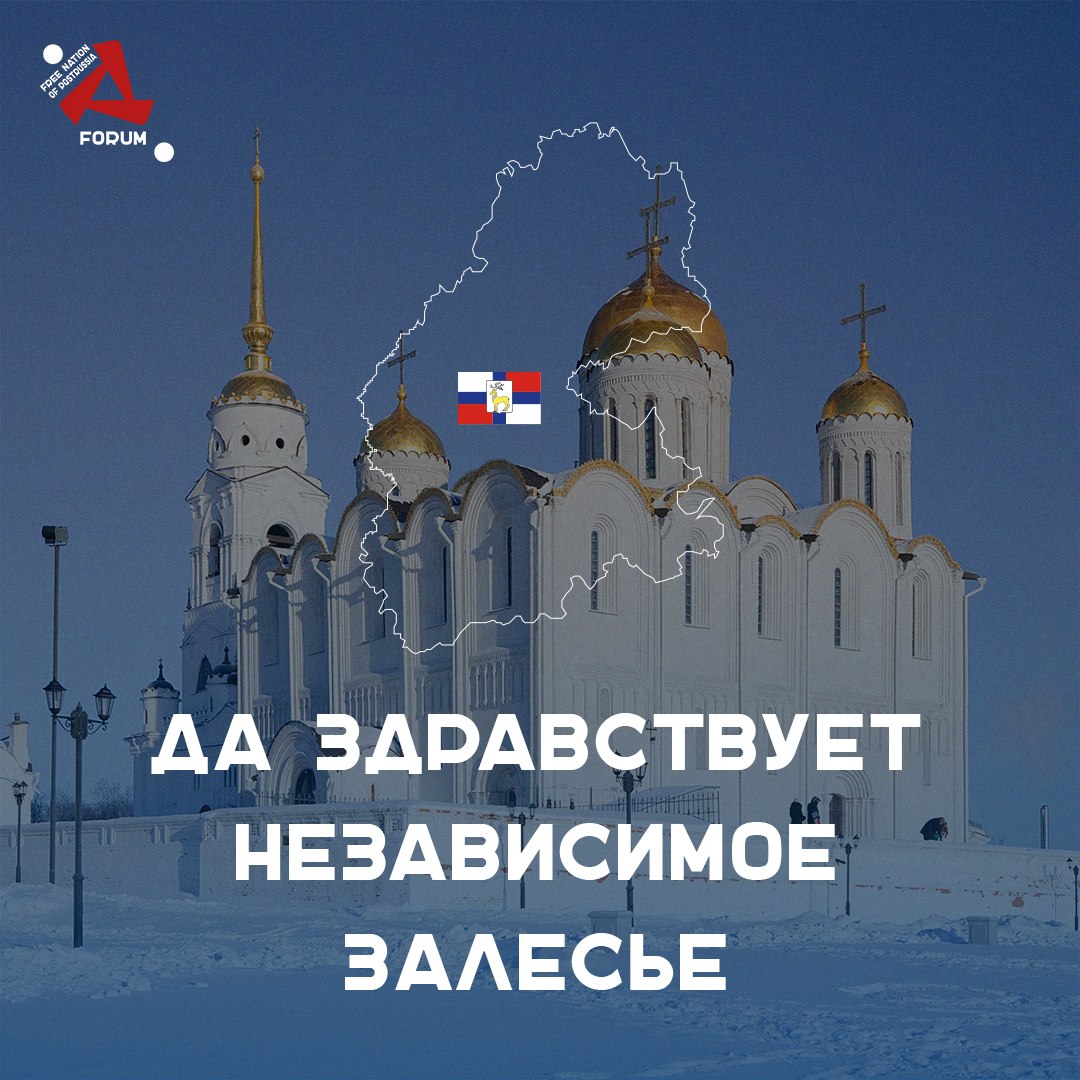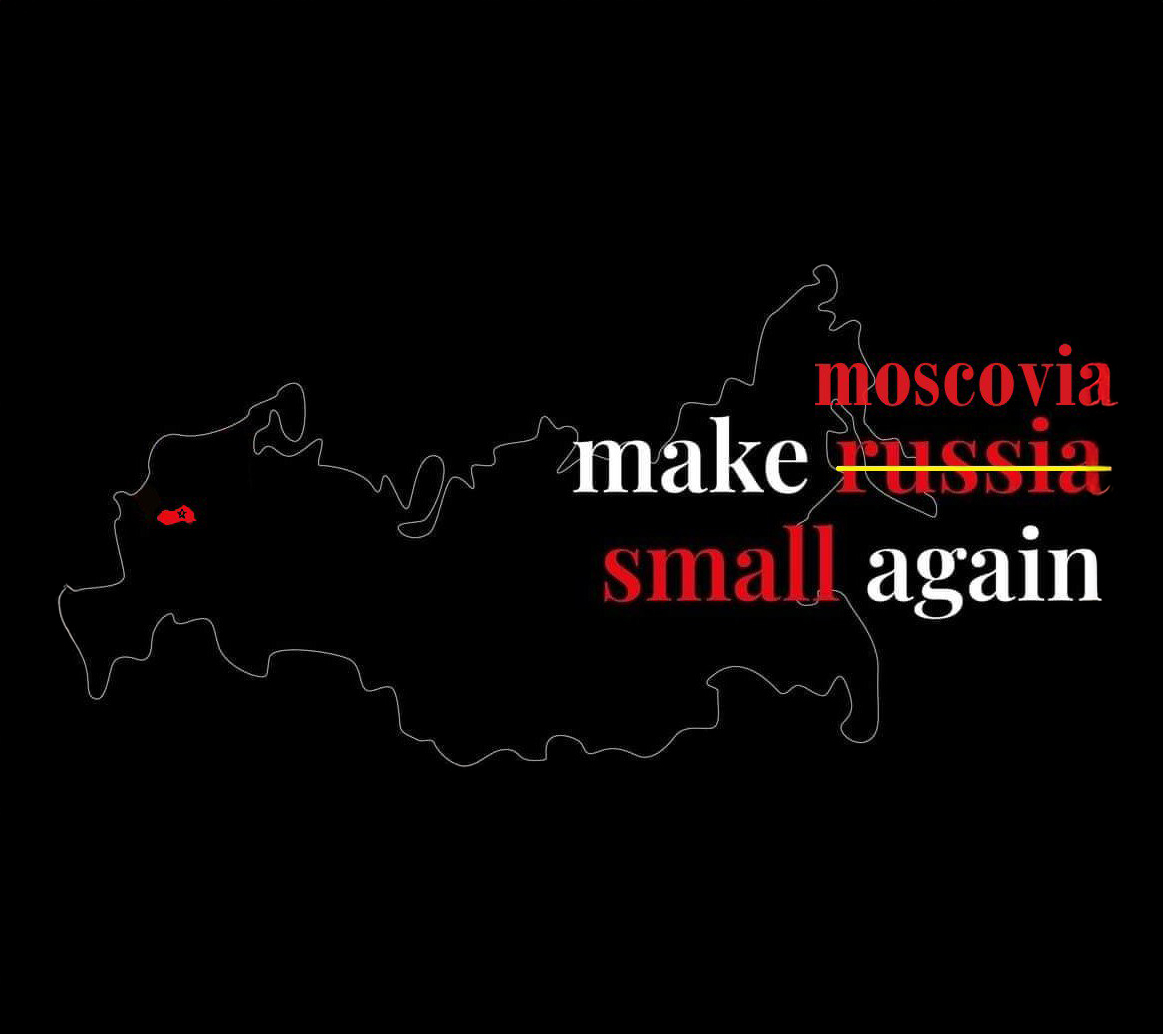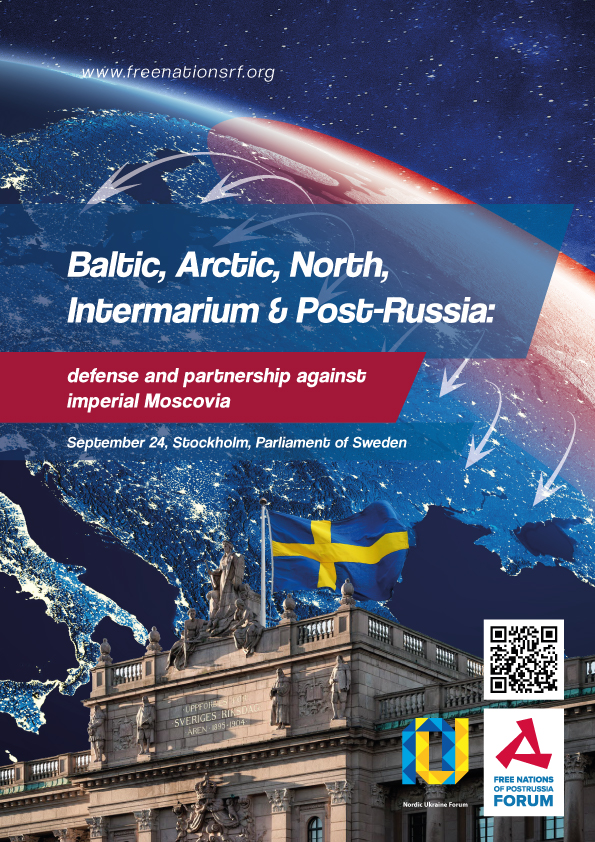History suggests a recurring pattern: empires fracture, and nations reclaim their sovereignty. By that measure, the so-called Russian Federation may not be immune to the same historical gravity. At the center of any future statehood emerging from its periphery lies a fundamental question — economic viability.
We present the findings of a group of experts in a new report, “The Index of Economic Capacity of Future Post-Russia States.” It is the first comprehensive study of its kind, offering a transparent and methodologically rigorous economic ranking of macro-regions that could plausibly emerge as independent states should the Russian Federation’s imperial framework unravel.
The study examines ten macro-regions: Ingria, Siberia, the Urals, Kuban, Komi and the Nenets Okrug, Sakha, Buryatia, Oirat-Kalmykia, Bashkortostan and Tatarstan. Each region is assessed across a series of structural indicators, including:
▪ Economic self-sufficiency;
▪ Social resilience and the weight of the “colonial burden”;
▪ Development trends from 2015 to 2024;
▪ Projections for 2025–2027.
A central conclusion emerges with clarity: many of these regions already possess the resource base, industrial capacity and social capital necessary for sustainable development beyond a centralized imperial model. The economic viability of prospective post-Russia states, the report argues, is not a speculative narrative but a measurable reality grounded in data.
The research was prepared with the participation of the NGO “Decolonization,” the Kyiv Foresight Foundation, the Forum of Free Nations of Post-Russia, and the Public Initiative of Action. Additional gratitude is extended to experts working within the Russian Federation whose names cannot be disclosed for security reasons. The study was produced with the support of the International Renaissance Foundation.
An expanded edition, offering deeper analytical assessments of each macro-region, is currently in preparation and will be released in the near future.
forum in partnership with Paneuropa Romania and Bucharest Center for Economy & Society, in the Parliament of Romania, - 54 speakers + 300 delegates - Free Nations PostRussia Forum, Bucharest Parliament of Romania, 19 march 2025
10-th Free Nations PostRussia Forum in WASHINGTON D.C., USA, Апрель 2024
9th Free Nations PostRussia Forum in the Senate of Rome, Italy, 11.12.23
7th Free Nations PostRussia, Parliament of Japan, Tokyo
11-th FNPF's Press Conference in the Seimas of Lithuania on June 16, 2024, Vilnius
13-th Free Nations PostRussia Forum in Canada, Ontario, November 19, 2024
6th Free Nations PostRussia Forum in Hudson Institute, Washington D.C., USA. Day 1
5th Free Nations PostRussia Forum 2023 - in Brussels, Belgium

It’s entirely plausible that historical Zalesye – the once remote, forested region of Vladimir-Suzdal Rus – could become the basis for a new state. We’ve already seen how Austria, after 1918, lost control of a vast multiethnic empire yet emerged as a small but functional country. And Turkey, under Mustafa Kemal Atatürk, managed to build a secular nation-state out of the ashes of the Ottoman Empire, despite losing its Balkan, Arab, and Caucasian territories.

The Kremlin leadership has long operated under the belief in its unassailable power structure. However, power, by its nature, begins to deteriorate when it isn’t constantly replenished with resources and public support. Modern Russia is increasingly resembling not a centralized state but rather a patchwork of regional enclaves linked to Moscow only by formal declarations of loyalty.

There are places where history doesn’t march forward so much as circle back on itself like a train on a loop line – Bashkortostan is one of them. On paper it’s a republic with its own flag, parliament and – once upon a time – even a president. In reality it’s a colony whose “sovereignty” dissolved into Kremlin paperwork long before most people noticed. It’s a post-Soviet phantom: formally a “federal subject”, yet with no real agency; nominally a republican nation, yet still without a voice.

Empires are like old stage costumes: once they glittered under the footlights, taffeta whispering across history’s marble floors. Now they sit in a props closet, riddled with moth holes and smelling of naphthalene. All that’s left to them is yearning for their former selves. That ache has a name: the phantom pains of greatness.
- who were Ingrian Ingrians and how did they make themselves known in 1917?
- what helped peaceful Ingrian peasants to organize their own army and a small state?
- why were the Whites and the Reds against Ingrian autonomy and whose side in the civil war did Ingrian Ingrians choose?
- how did a former Russian Lifeguard lead the Ingrian national movement and what made him famous? how did a former Russian lifeguard become the leader of the Ingrian national movement and what made him famous?
- why did the Finns sacrifice Ingermanland and what did the Bolsheviks promise in return?
- and why do the events of the beginning of the last century still inspire freedom fighters?

The goals of the Forum are: the reconstruction and structural transformation of Russia, the economic and political development of historical-cultural regions and autonomies, the full implementation of civil rights and freedoms, and peoples’ social well-being.
Forum participants develop approaches to the independent post-Putin nation states transitional administrations and governments creation, discuss minimizing risks of uncontrolled collapse in key sectors (including demilitarization with a complete rejection of the nuclear arsenal), form the new European collective security architecture and develop policies of peaceful, good-neighborly coexistence of the new independent republics of Russia and neighboring countries.
involves changing the administrative and territorial structure of post-Putin Russia. This process is a transition from an authoritarian imperial state to a galaxy of free, independent and democratic countries that can provide a decent standard of living, comfort, rights, prosperity and development for their own citizens, as well as sustainable peace in Eurasia.
will allow every nation and every region with separate cultural identity, history and economy, to fully realize the right for self-determination. Nations of Russia will gain sovereignty, subjectivity and independence — both political, economic and cultural.
is the only chance to defeat the corrupt imperial power elite, which destroys all dissenters and suppresses as harshly as possible any attempts by popular leaders to resist the criminal system. This process consists from an impartial investigation of the crimes of the regime, a tribunal for the organizers, ideologists and lustration for direct participants.
are necessary to minimize casualties in case of the dictatorial regime fall and to eliminate all risks associated with the possibility of using the remnants of the Russian nuclear arsenal in regional conflicts, international terrorism and other threats to collective security.
should prevent the collapse of legal and economic institutions during transition period, prevent the people’s economic ruin and guarantee the sustainability of cooperation between new political and economic entities. Citizens of each region will find the best organizational form for their land: republics, unions, federations, confederations etc.
Among the attendees and speakers at the Forum are opposition activists and politicians, including those currently in forced exile, leaders of national movements in various regions of Russia, as well as statesmen, diplomats, and politicians from Europe, Asia, and North America. The participants also include military experts, economists, political scientists, religious authorities, and journalists.
Board of coordination, moderation and development of the forum
Prime Minister of the Government of Independent Tatarstan.One of the co-founders of the Free Idel-Ural movement, UK.He was the first person convicted in Russia to be sentenced to 3 years in prison for publicly criticizing the annexation of Crimea and condemning Putin for military actions in Donbass.
President of the Institute of Regions of Russia, Chairman of the international support society "The Way to the Dream", publicist, writer, playwright
Political scientist, analyst, journalist, expert on Ukrainian-Russian relations. Civic activist. Coordinator of the "Free Ingria" movement. Born and lived until 2014 in St. Petersburg, political emigrant.
journalist, producer of INEWS,representative of the Chairman of the Cabinet of Ministers of the Chechen Republic of Ichkeria.Ukrainian, born in Georgia Pr since 2010.
If you wish to take part in the upcoming event or catch the live broadcast, please follow us on social media or register for the specific event of your interest
"Baltic, Arctic, North, Intermarium & PostRussia: defense and partnership against imperial Moscovia",
September 24, 2025 — Stockholm, Sweden

"Russia'sFuture: A Challenge For U.S. Policy", - June 12, 2025 in Washington, D.C., USA
